While we all know that an overindulgence of alcohol is bad for our wellbeing, there has been a longstanding expectation, a social norm so-to-say, that company events, after–work drinks, conferences, and the like, involve alcohol. Pregnant? Teetotal? Sorry…these are booze-fuelled times, an exclusive club for the drinkers within the team. Or at least they have been, until now.
With more companies focusing on health and wellness, the trend of non-alcoholic corporate events is on the rise. Companies are now organising events that promote team building and collaboration without relying on alcohol. These events can be anything from outdoor activities to game nights, all without the presence of hooch.
Until recently, company socials had alcohol at the heart of them. In 2017 BMG Research carried out a UK-wide survey of 1,000 employees, which found that over a 12 month period more than 44 million days were lost in productivity due to alcohol. Shockingly, one in five of all employees said they had at least one day off work during this year as a result of a hangover. But now it seems a sober bar is becoming just as important as a Gin or Aperol bar.
Non-alcoholic corporate events provide a safe and enjoyable environment for all employees to interact with each other while still having fun. They also provide an opportunity for companies to build relationships with their employees in a different way than traditional corporate events have done in the past.
But what exactly is driving this demand for change? Last year The Guardian reported that 26% of young people, that is those aged 16-24, are completely teetotal. This is a high number of our youthful population who are choosing to abstain from alcohol, and a statistic that is challenging the established norms of our workplaces and their events.
When we consider the changing appetites for alcohol from our younger workforce alongside the Chartered Management Institute’s (CMI) plea, which was issued just this month, we can begin to see why the demand for alcohol-free events is rising. The CMI urged businesses to limit the amount of alcohol served at work social events. This public plea followed the results of a recent CMI survey that highlighted a third of managers have seen harassment or inappropriate behaviour at parties, and 42% of the managers surveyed said “work parties should be organised around activities that don’t involve alcohol”. Unsurprisingly, younger people were most likely to say this.
This sober cohort is our future and those in business with a proactive approach are already adapting to this disruption of social norms, anticipating and accommodating these changes as they plan events offering increasingly exciting drink options for the sober and sober curious, or for those among their guests who simply do not want to drink on that day.
While the corporate sector is feeling this change from its workforces and managing bodies, the wider events industry is experiencing a shift in demand for other types of “dry-events”. The 2022 National Wedding Survey reported a rising interest in alcohol-free weddings, with 11% of newlywed couples having last year chosen to host “dry weddings”. As the cost of living crisis ploughs on, an alcohol-free wedding helps to reduce the wedding bill for the newlyweds but also helps their guests’ pockets, as they are able to drive home and save on accommodation. Plus, as the survey also reported, keeping alcohol out of one couple’s wedding ‘meant there was a lot less mess to clean up afterwards, both physically and emotionally.’
As the role of alcohol in events is changing (with some arguing that this change is long-overdue), are we as a nation with a population of historical drinkers evolving to a place where the peer pressure to drink, the expectation that you will indulge with your colleagues, is being replaced with a more inclusive option where alcohol is optional and not an encouraged component? Or are we moving to exclude alcohol completely, hanging guests who still want to drink out to dry, by banishing booze at events outright? Only time will tell, but what is clear is that the demand for non-alcoholic versions of Aperol, G&T, Espresso Martinis and decent wines, is strong and only continuing to rise.
Interested in learning more about the rise of sobriety? Our CEO, Holly, recently chatted with Amanda Thompson, founder of Noughty Wines, and Janet Hadley, who achieved tremendous success with Choose Sunrise while remaining steadfast in her commitment to sobriety. You can listen to them both here.






